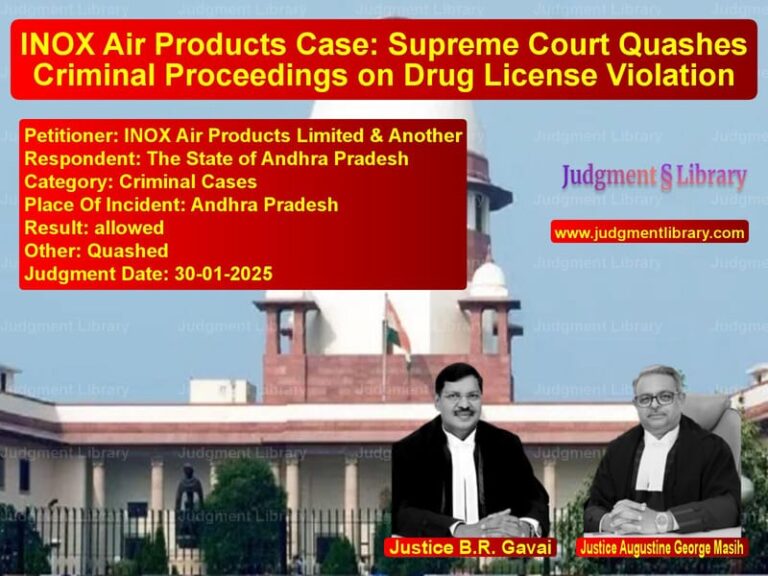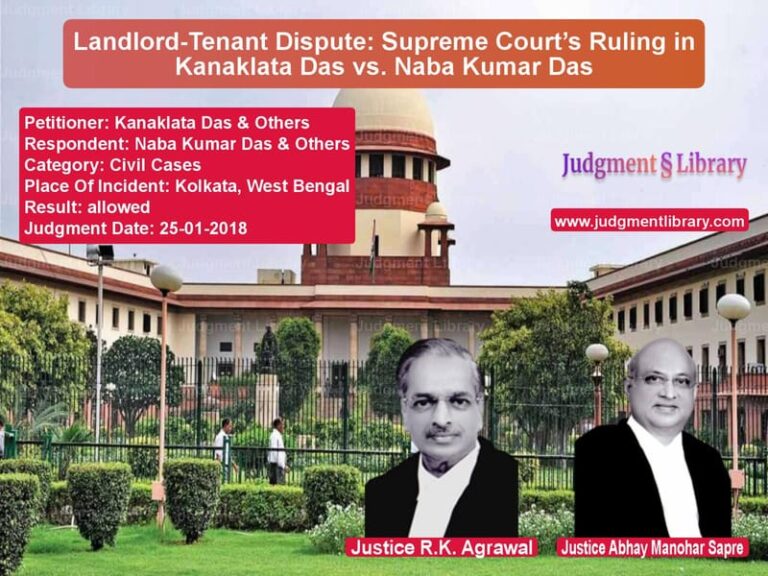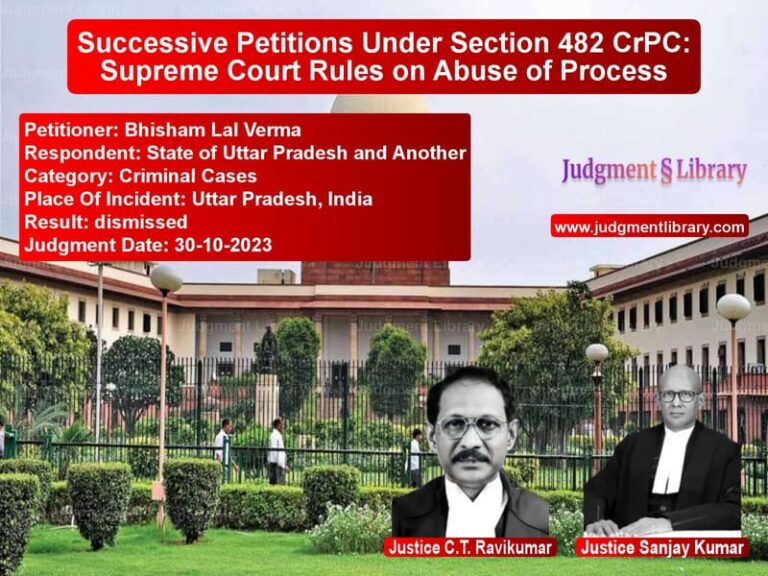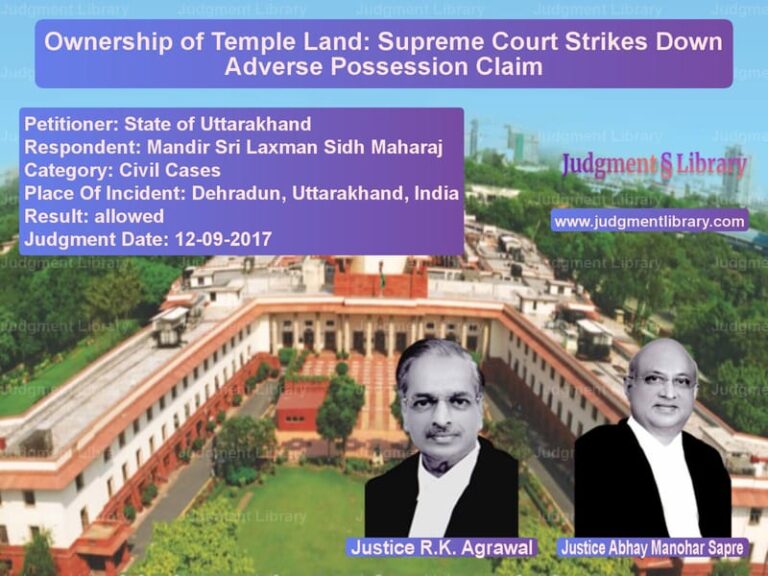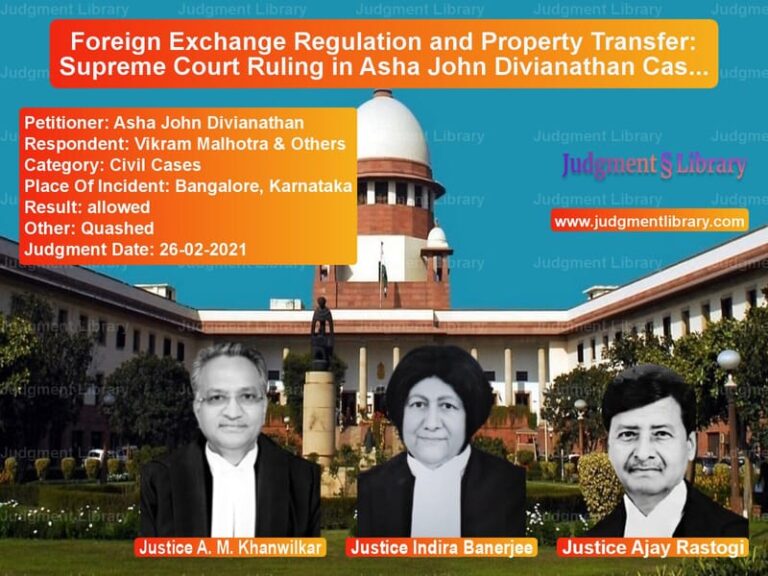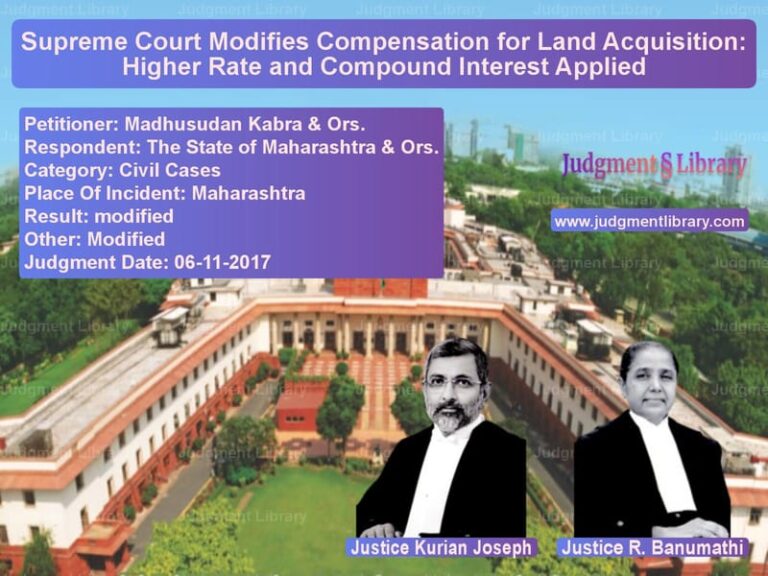No Extra Attempt for Civil Services Aspirants: Supreme Court Upholds UPSC Rules
The Supreme Court of India recently dismissed a petition by civil services aspirants seeking an extra attempt for the Civil Services Examination (CSE) 2021 due to disruptions caused by the COVID-19 pandemic. The case, Rachna & Ors. vs. Union of India & Anr., revolved around the claim that aspirants faced unprecedented challenges due to lockdowns and should be granted another opportunity.
The petitioners, who had exhausted their final attempts in CSE 2020, argued that they were placed at a disadvantage due to limited study opportunities caused by the nationwide lockdown. They sought an additional attempt beyond the prescribed limits set under the Civil Services Examination Rules, 2020.
Background of the Case
Civil Services Examination Structure
The CSE, conducted annually by the Union Public Service Commission (UPSC), consists of three stages:
- Preliminary Examination
- Mains Examination
- Personality Test (Interview)
The eligibility criteria, including age limits and the number of attempts, are governed by the Civil Services Examination Rules. As per Rule 4 and Rule 6:
- General category candidates are allowed six attempts between the ages of 21 and 32.
- OBC candidates get nine attempts and an upper age limit of 35.
- SC/ST candidates have unlimited attempts within an upper age limit of 37.
- Persons with Benchmark Disabilities (PwBD) are given additional relaxations.
The petitioners had either exhausted their attempts or reached the age limit in CSE 2020.
COVID-19 Disruptions
The petitioners argued that the national lockdowns and restrictions significantly affected their preparation for the exam, and they had no choice but to appear in CSE 2020 despite unfavorable conditions. They contended that:
- Many coaching institutes shut down, limiting access to study material.
- Online learning was not feasible for all due to internet connectivity issues.
- Many candidates worked in essential services and could not dedicate time to preparation.
- Precedents existed where additional attempts were granted in previous years.
Government’s Response
The Government of India opposed the petition, arguing that:
- Granting an extra attempt would be unfair to other candidates who also faced similar challenges but prepared within the existing rules.
- CSE 2020 had already been postponed from May 31 to October 4, 2020, giving aspirants additional time.
- Relaxations in attempts had been given in previous years due to syllabus changes, but no such change occurred in 2020.
- Allowing an extra attempt would disrupt the entire examination cycle and set a precedent leading to future demands.
Supreme Court’s Judgment
The bench, comprising A.M. Khanwilkar, Indu Malhotra, and Ajay Rastogi, held that the petitioners’ claim lacked merit under the existing rules. The Court observed:
- The eligibility criteria in CSE are clearly defined, and there is no discretion with the authorities to grant extra attempts.
- Even though COVID-19 was an unprecedented crisis, all candidates faced similar challenges, and an extra attempt would create an unfair advantage.
- The government had already taken remedial measures, such as deferring the examination and offering a window for withdrawal of applications.
- The claim for an extra attempt was based on past relaxations, but those were granted under different circumstances, such as changes in the exam pattern.
The Court stated:
“While we sympathize with the aspirants, the law does not permit us to override the existing rules. Granting an extra attempt would amount to judicial legislation, which is beyond our jurisdiction.”
Key Takeaways from the Judgment
- The Supreme Court upheld the validity of UPSC’s age and attempt restrictions.
- COVID-19-related challenges did not justify an extra attempt.
- The government’s decision to defer the exam was considered a reasonable accommodation.
- The Court refused to interfere in executive policy-making on competitive examinations.
Impact of the Ruling
This judgment reinforced the principle that competitive examinations must follow fixed eligibility criteria and cannot be altered based on external challenges. While the pandemic affected many, the Court maintained that the selection process must remain fair to all aspirants.
Conclusion
The Supreme Court’s ruling in Rachna & Ors. vs. Union of India & Anr. is a significant precedent in matters of examination policies. While acknowledging the hardships faced due to COVID-19, the Court held that such challenges could not override the established rules of the Civil Services Examination.
This decision sets a firm stance on maintaining uniformity and integrity in competitive exams, ensuring that any relaxations must come from executive decisions rather than judicial intervention.
Petitioner Name: Rachna & Ors..Respondent Name: Union of India & Anr..Judgment By: Justice A.M. Khanwilkar, Justice Indu Malhotra, Justice Ajay Rastogi.Place Of Incident: India.Judgment Date: 24-02-2021.
Don’t miss out on the full details! Download the complete judgment in PDF format below and gain valuable insights instantly!
Download Judgment: rachna-&-ors.-vs-union-of-india-&-anr-supreme-court-of-india-judgment-dated-24-02-2021.pdf
Directly Download Judgment: Directly download this Judgment
See all petitions in Fundamental Rights
See all petitions in Public Interest Litigation
See all petitions in Legislative Powers
See all petitions in Judgment by A M Khanwilkar
See all petitions in Judgment by Indu Malhotra
See all petitions in Judgment by Ajay Rastogi
See all petitions in dismissed
See all petitions in supreme court of India judgments February 2021
See all petitions in 2021 judgments
See all posts in Constitutional Cases Category
See all allowed petitions in Constitutional Cases Category
See all Dismissed petitions in Constitutional Cases Category
See all partially allowed petitions in Constitutional Cases Category


